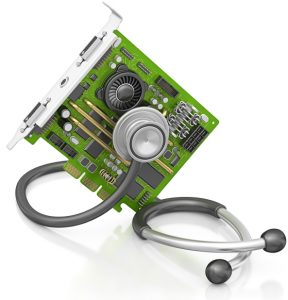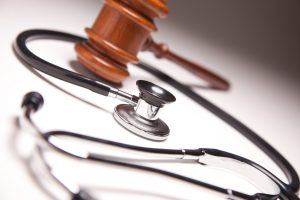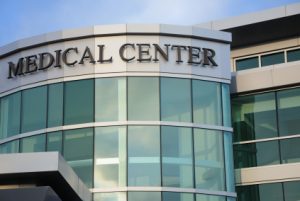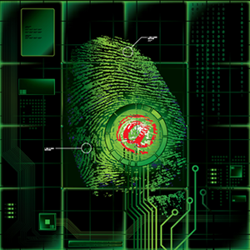- Clinical Engineering
- Expert Witness
- Patient Safety & Risk
- Forensic Engineering
 Clinical Engineering exists at the intersection of medical technology and clinical practice. Our evaluation of your circumstances filtered by our years of experience in this field can help in making sound economic decisions regarding purchasing, implementation, and management of processes surrounding medical devices.
Clinical Engineering exists at the intersection of medical technology and clinical practice. Our evaluation of your circumstances filtered by our years of experience in this field can help in making sound economic decisions regarding purchasing, implementation, and management of processes surrounding medical devices.
Clinical Engineering is a specialty within Biomedical Engineering. According to The American College of Clinical Engineering, “A Clinical Engineer is a professional who supports advances to patient care by applying engineering and managerial skills to healthcare technology.”
In 2011, Technology Management Council of AAMI (Association for the Advancement of Medical Instrumentation) recommended a new term, Healthcare Technology Management as “the official name of the field responsible for managing the selection, maintenance and safe and effective use of medical equipment and systems.” It is largely for this reason that we chose HealthCare Technology Consulting as the name of the firm.

Litigation may result when things go wrong in the clinical environment.
The president of Healthcare Technology Consulting, Alan Lipschultz, CCE, PE, CSP, CPPS, AAMIF has been retained for over 110 legal cases over a wide variety of medical device types since 2011. As part of this legal consulting, he has put together more than 30 expert reports; been deposed 12 times and testified at trial 3 times.
Alan has been retained on behalf of plaintiffs and on behalf of defendants; in all cases Alan looks at the all of the evidence before forming his opinion(s).
These legal cases have involved a wide variety of medical malpractice and/or product liability issues. As a Professional Engineer, Alan’s scientific and technical observations are admissible in court, and can make a valuable difference.
Several attorneys have retained Alan to evaluate a case, in order to determine whether a case has merit.
Alan has both oral and written communication skills to effectively explain technical matters to attorneys, as well as lay audiences, by means of a written report and/or testimony.
Alan has the connections to obtain other, more specialized expert witnesses, if warranted for a particular case.
 All of the stakeholders in the medical device chain are committed to patient safety and the reduction of risks. Someone from outside an organization can sometimes help a group see issues that insiders have missed.
All of the stakeholders in the medical device chain are committed to patient safety and the reduction of risks. Someone from outside an organization can sometimes help a group see issues that insiders have missed.
The president of Healthcare Technology Consulting, Alan Lipschultz, CCE, PE, CSP, CPPS is a Certified Professional in Patient Safety (CPPS) – by the Institute for Healthcare Improvement (IHI).
Hospitals are very complex systems within systems. Most of the personnel within hospitals are either clinicians or administrators. We bring enough clinical and hospital administrative experience within hospitals to understand what is going on in those organizations.
Alan can add a broad technical perspective that allows him to add a different dimension during discussions about how to improve patient safety and reduce risk.
Patient Safety & Risk also plays a big role in Expert Witness legal cases, as most center on patient safety and risk issues.
 In the clinical environment, things sometimes go very wrong. Devices will fail in a multitude of ways and for a variety of reasons, users will make errors; as a result patients will be injured. Forensic engineering is a process to systematically determine the cause(s) of failures. Frequently there are multiple causes for a failure. The information learned through the Forensic Engineering process needs to be communicated to the various stakeholders in a manner that they can understand.
In the clinical environment, things sometimes go very wrong. Devices will fail in a multitude of ways and for a variety of reasons, users will make errors; as a result patients will be injured. Forensic engineering is a process to systematically determine the cause(s) of failures. Frequently there are multiple causes for a failure. The information learned through the Forensic Engineering process needs to be communicated to the various stakeholders in a manner that they can understand.
The president of Healthcare Technology Consulting, Alan Lipschultz, CCE, PE, CSP, CPPS, AAMIF has over 50 years of experience explaining technical subjects to non-technical people. That experience enables Alan communicate with all of the players in a healthcare environment, to determine the multiple causes of events. The same experience enables him to understand how healthcare organizations are supposed to work, and therefore what questions should be asked.
Alan’s years of broad experience in Clinical Engineering allow him to take a “big picture” systems approach to understanding the overall healthcare environment, with an emphasis on the technology used in healthcare.
